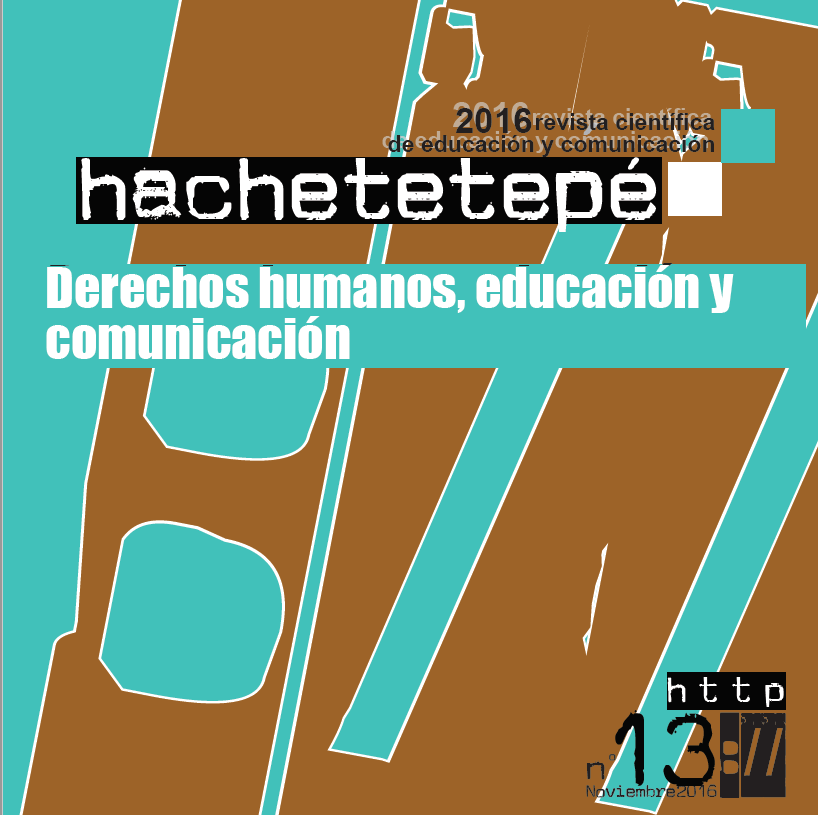Sepur Zarco Case- Guatemala: A tale in first person
Abstract
The Sepur Zarco case is an example of perseverence and bravery of the 15 surviving q'eqchi women. They overcame the fear of rejection within their communities by reporting and set out on the path to justice. They internally litigated a case of international importance, naming sexual violence a crime against humanity. Through their fight, they contributed to the search of justice for women that have been victims of similar crimes in Guatemala and in the world, as well as those who are currently suffering the consequences of the continuum of violence.
Keywords
Downloads
How to Cite
License

This work is licensed under a Creative Commons Attribution-NonCommercial-NoDerivatives 4.0 International License.
Those authors who have published with this journal, accept the following terms:
- They will retain their copyright and guarantee the journal the right to first publication of their work, which will simultaneously be subject to the Creative Commons Attribution License . They may be copied, used, disseminated, transmitted and publicly displayed, provided that the authorship, url, and magazine are cited, and are not used for commercial purposes. No derivative works are allowed.
- They may adopt other non-exclusive license agreements for the distribution of the published version of the work (e.g., deposit it in an institutional telematic archive or publish it in a monographic volume) provided that the initial publication in this journal is indicated.
- Disseminate your work through the Internet (e.g., in institutional telematic archives or on your website) once the manuscript is accepted, which may lead to interesting exchanges and increased citations of the published work. (See The effect of open access).
Hachetetepé. Scientific journal of education and communication does not charge a fee for the submission of manuscripts or for the publication of its articles.






